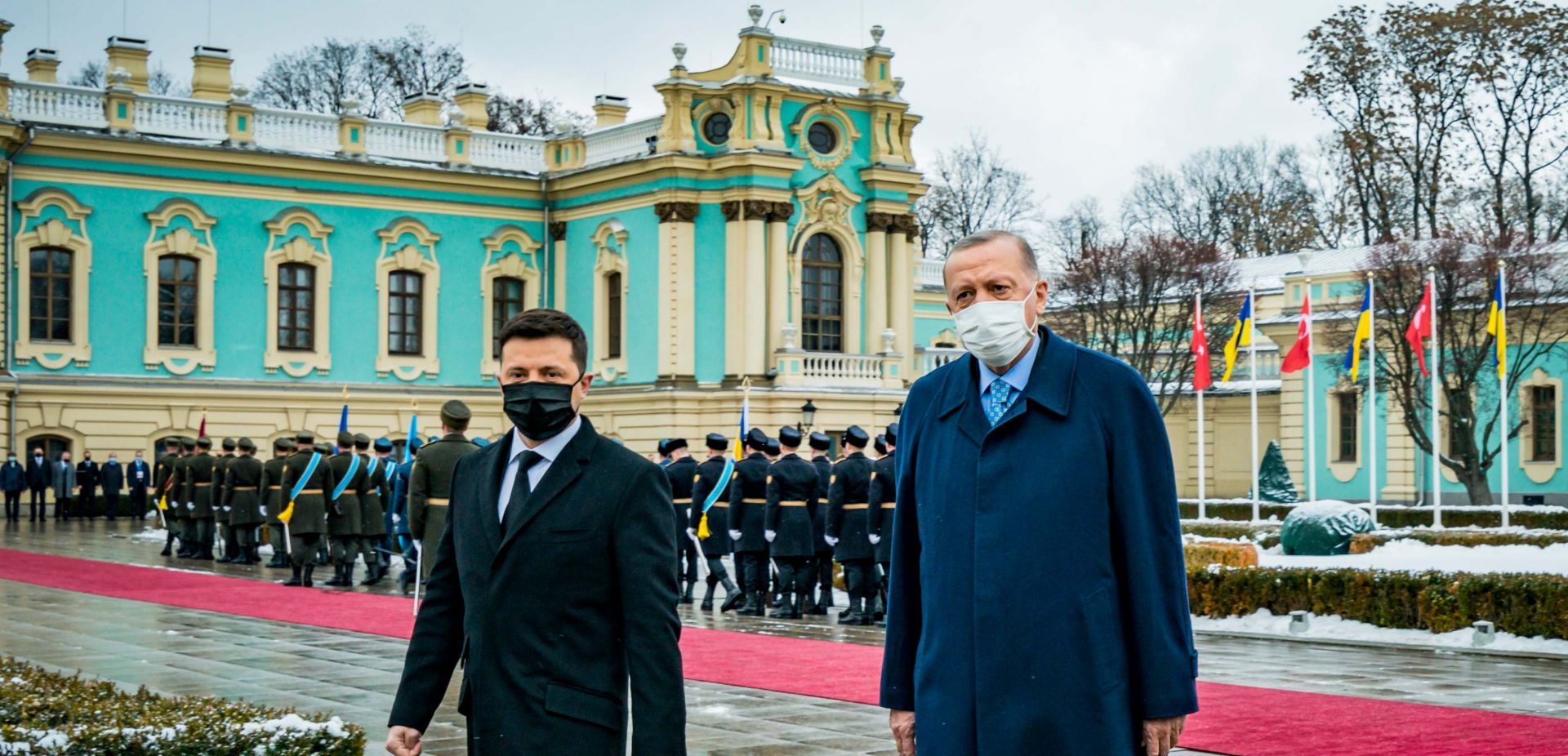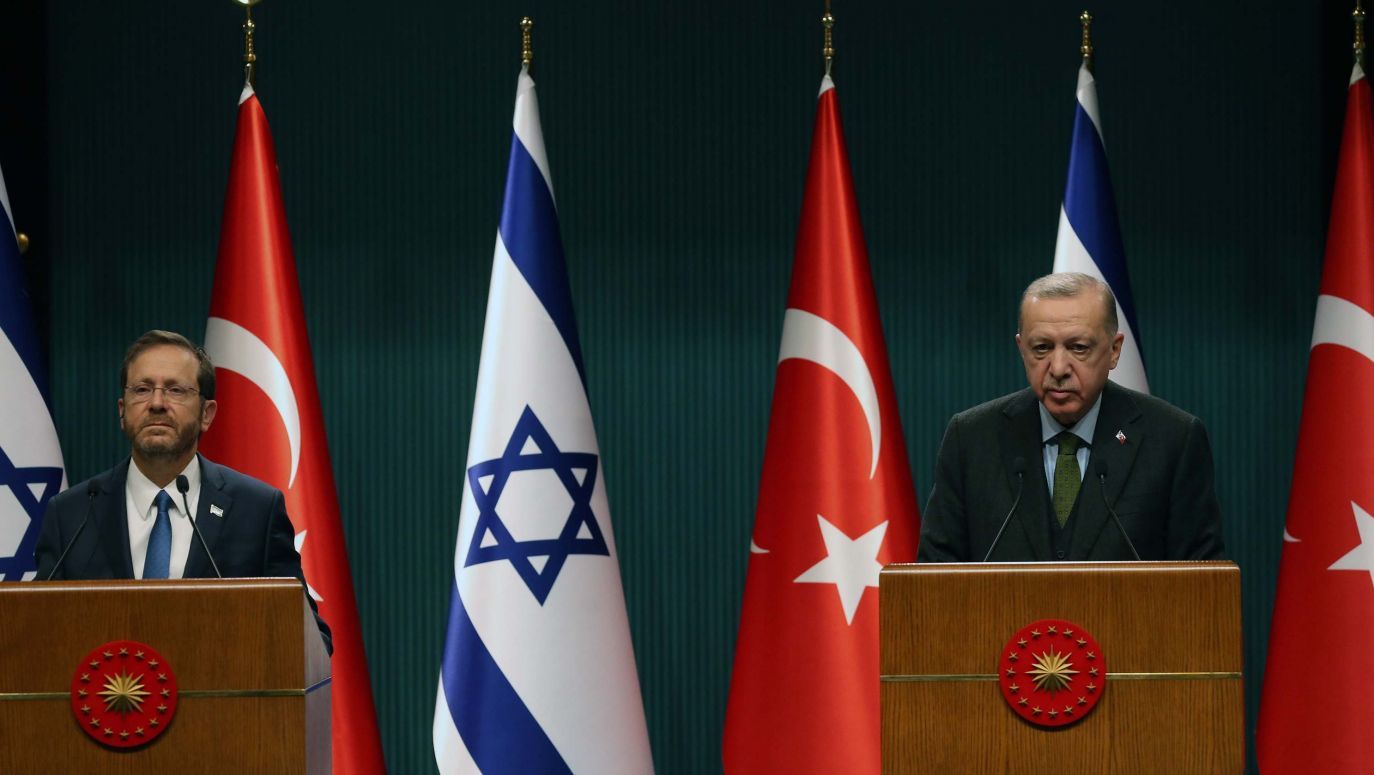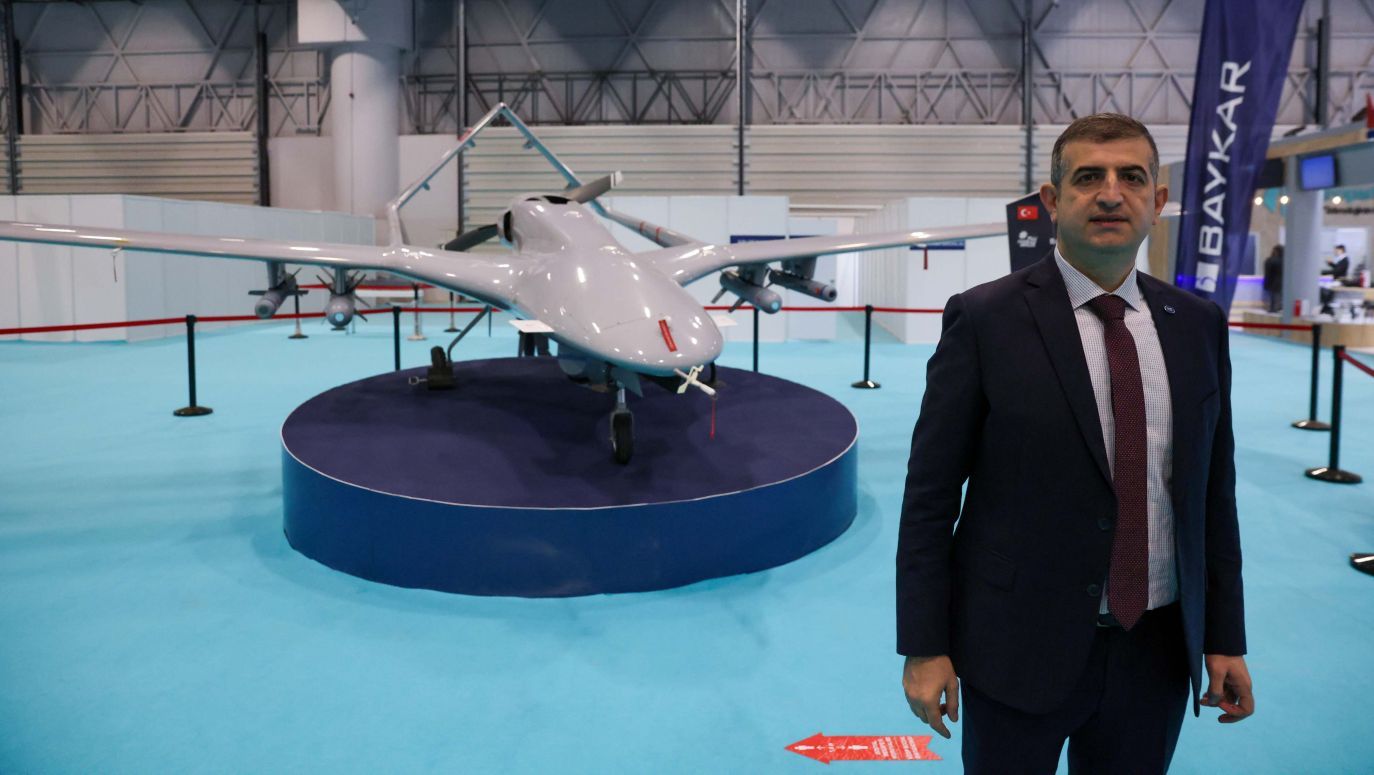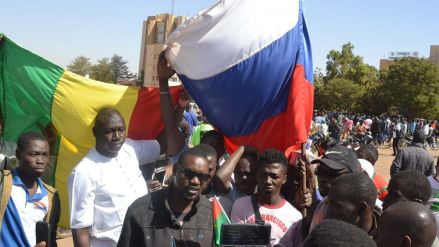Turkey remains one of those states that counts on the international stage. But does this mean, in the words of Recep Tayyip Erdogan, that it could be a ‘beacon of hope’ for the world? The Turkish president stated that its foreign minister, Mevlut Cavusoglu, would visit Moscow and Kyiv with these words ringing in his ears. Turkey regards the visit as a mediation mission or at least a pre-mediation mission. It means much to Turkey to take up the challenge, and not just at this particular time.
An attempt to rescue peace is indeed a noble way to behave, even the example of the Munich Agreement signed by Neville Chamberlain and Edouard Daladier but with only spectacularly short- term results. Turkey, in the face of the escalating Russo-Ukrainian crisis, has been offering its services for some time. But the temptation remains to rise to this kind of challenge and, with some divine help, reap a spectacular success.
 WAR IN UKRAINE
WAR IN UKRAINE 
Can Turkey play the role of mediator? It’s difficult to say at the present time. But from the Turkish point of view at least, things are going better than expected. Turkey did after all, host the first high level Russo-Ukrainian talks at foreign ministerial not just advisor level.
Sergey Lavrov and Dmytro Kuleba spoke in Antalya on the 15th day of the conflict at a diplomatic forum, but without result. However, the Turkish side did have some cause for satisfaction. Observers at any rate noted that although Ukraine was inclined to accept Turkey in the role of mediator, Russia would be in no mood to agree.
Five visits, twenty talks.
Foreign minister Cavusoglu spent two whole days engaging in shuttle diplomacy. On 16th March, he was in Moscow; the following day in Kyiv. No doubt he passed on what he heard in Moscow to his Ukrainian hosts. Had he heard anything of note? How did the Ukrainians react and did he put himself forward as mediator? More than likely. But the details remain classified.
Turkish authorities attempted to create the efforts to prolong constant motion in diplomatic circles. “Daily Sabah”, the English language, government supporting daily newspaper, reported with gusto on the recent meetings and conversations, summing up as it stated that could spice up any headache.









